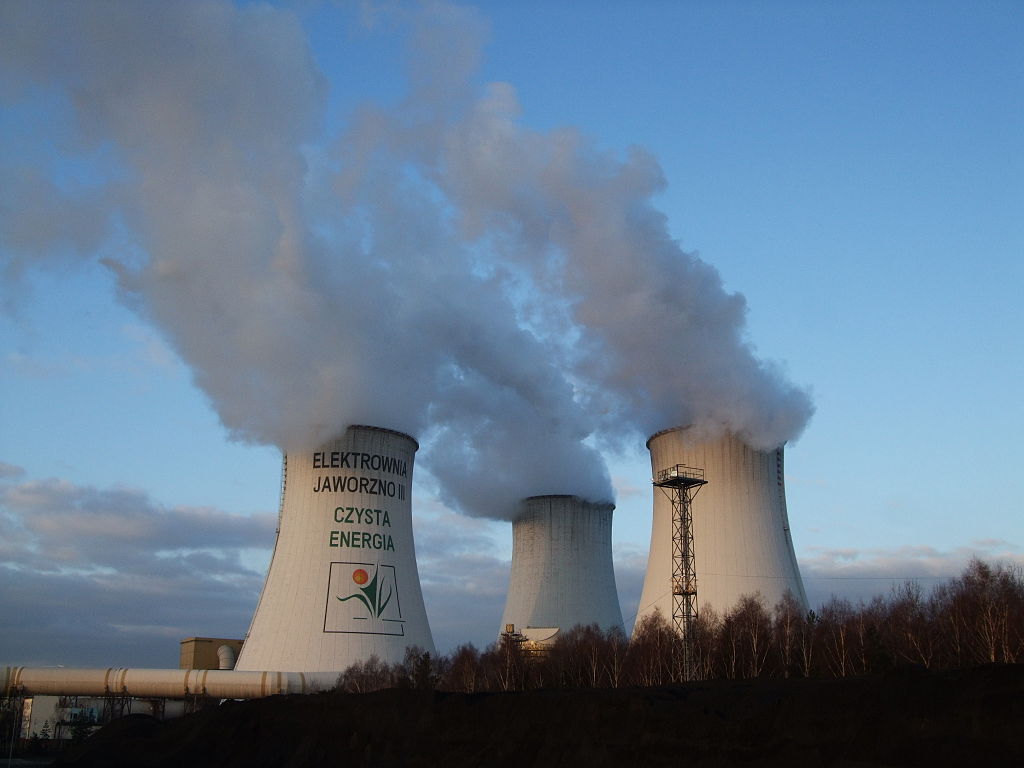Despite one particularly high-profile individual seemingly still blind to the threat of climate change, most of the world’s sanest voices are attuned to the catastrophic effects that rising temperatures will have on the planet and its people.
However, even with the commitments pledged under the Paris Agreement, there is still a danger that the world will not make the necessary changes to its energy systems, economies and societies in time to avoid the worst effects of climate change.
This is the opinion of a number of respected experts, government officials and business leaders, who this week co-signed a letter published in the science Journal Nature warning that the world has a three-year window in which it can stem the tide of climate change.
The authors of the letter include former UN climate chief Christiana Figueres and Intergovernmental Panel on Climate Change representative Joachim Schellnhuber. The letter explains that the past three years of broadly flat carbon emissions offer some hope that the world may be on the right path to avert devastating floods, droughts, heatwaves and irreversible sea level rises – but warns that the next three years are key.
If CO2 emissions are brought lower than current levels by 2020 then it is likely that global temperature thresholds that would trigger irreversible climate change would not be reached.
“We stand at the doorway of being able to bend the emissions curve downwards by 2020, as science demands, in protection of the UN sustainable development goals, and in particular the eradication of extreme poverty,” said Figueres, who helped oversee the Paris Agreement at COP21 in December 2015. “This monumental challenge coincides with an unprecedented openness to self-challenge on the part of sub-national governments inside the US, governments at all levels outside the US, and of the private sector in general. The opportunity given to us over the next three years is unique in history.”
Schellnhuber added that the math is brutally clear, stressing that, while the world cannot be healed within the next few years, “it may be fatally wounded by negligence before 2020”.
The crux of the Paris Agreement was for governments to pledge carbon emission reduction and clean energy targets that would help the world reach its aspirational goal of limiting warming to no more than 1.5C by 2050, while the INDCs that were pledged were based on a 2C increase figure.
The flatlining of carbon emissions since 2014 is encouraging, the authors said, and can be traced to the growth of renewable energy, technological progress in transport and heating, and a growing sense of environmental responsibility among governments and populations.
In India and China, coal use is beginning to decline, and even in the U.S. there are extremely positive greenhouse gas reduction trends despite President Trump’s withdrawal from the Paris Agreement.
Buoyed by this momentum, the authors of the letter have urged world leaders to double-down on their efforts, and have set out six goals that could be adopted at the G20 meeting in Hamburg next week.
The letter calls for a pledge to increase renewable energy to 30% of electricity use, and also outlines plans to help the world’s largest cities decarbonize by 2050. Another suggestion is to work towards 15% electric vehicle sales as soon as possible, and for land use to be reformed to ensure more efficient farming practices.
This content is protected by copyright and may not be reused. If you want to cooperate with us and would like to reuse some of our content, please contact: editors@pv-magazine.com.



Link?